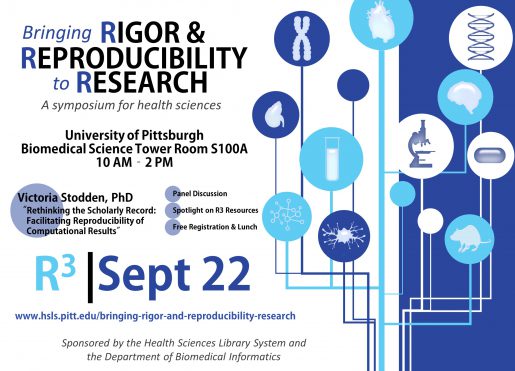![]() The AccessMedicine App provides evidence-based information at the point of care. The app is available to Pitt and UPMC users through the HSLS subscription to the full AccessMedicine database.
The AccessMedicine App provides evidence-based information at the point of care. The app is available to Pitt and UPMC users through the HSLS subscription to the full AccessMedicine database.
Content
The AccessMedicine App is a subset of the database and includes the following resources:
- Quick Medical Diagnosis & Treatment (QMDT): a collection of concise evidence-based outlines of conditions and disorders most often encountered in medical practice.
- Fitzpatrick’s Color Atlas of Clinical Dermatology: provides color images of skin lesions, plus a summary outline of skin disorders and diseases.
- Diagnosaurus®: a differential diagnosis resource that provides more than 1,000 diagnoses through a McGraw-Hill Medical tool that allows you to browse by symptom, disease, or organ system.
- Pocket Guide to Diagnostic Tests: a quick reference guide to the selection and interpretation of commonly used diagnostic tests, including laboratory procedures in the clinical setting.
Compatibility
The app is free to download and is available for the iPhone/iPad/iPod touch from the Apple iTunes App Store. It requires iOS 7.0 or later. It is also available for Android devices from the Google Play Store and requires Android 4.1 and up.
Getting Started
To access the app, begin by registering for a MyAccess account:
- Direct your browser to AccessMedicine.
- On the AccessMedicine home page, click on the University of Pittsburgh link in the upper right hand corner of the screen.
- Select Sign in or Create a Free MyAccess Profile.
- Complete the registration form.
- On your mobile device, download the AccessMedicine app and log in with your MyAccess username and password.
In order to maintain uninterrupted access, you must log in to your MyAccess account from any on-site Pitt or UPMC computer at least once every 90 days.
For more information, contact the HSLS Main Desk at 412-648-8866 or use Ask a Librarian. For information about other mobile friendly versions of HSLS resources, such as Micromedex or UpToDate, direct your browser to the HSLS Mobile Resources website.
~Jill Foust

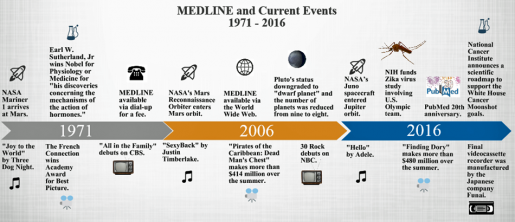
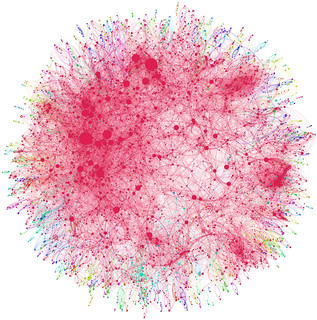


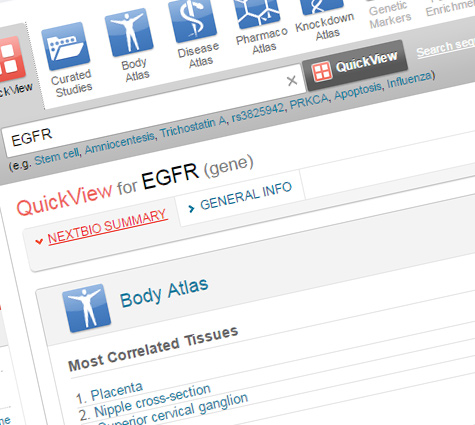
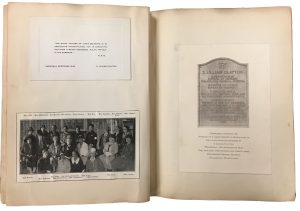 The idea of preserving memories, special moments, and histories in albums using scraps such as prints, bookplates, quotes, poems, calling cards, paper cutouts, press clippings, and photographs is not a new concept. In the United States, with the invention of photography and the appearance of a variety of patented photography and scrapbook albums, scrapbooking gained popularity in the 19th century. Today’s renewed interest in genealogy keeps the art of scrapbooking alive.
The idea of preserving memories, special moments, and histories in albums using scraps such as prints, bookplates, quotes, poems, calling cards, paper cutouts, press clippings, and photographs is not a new concept. In the United States, with the invention of photography and the appearance of a variety of patented photography and scrapbook albums, scrapbooking gained popularity in the 19th century. Today’s renewed interest in genealogy keeps the art of scrapbooking alive.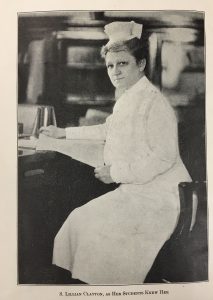 Sarah Lillian Clayton (1874-1930) was a nurse and a Superintendent of Nurses at Philadelphia General Hospital (PGH). She graduated from PGH Training School of Nursing in 1896 and began a nursing career that took her to Dayton, Minneapolis, and Chicago, only to return and complete her career in Philadelphia where she started. She became a national leader in nursing education, active in many organizations, and served as president of the National League for Nursing Education (1917-1920) and the American Nurses Association (1926-1930).
Sarah Lillian Clayton (1874-1930) was a nurse and a Superintendent of Nurses at Philadelphia General Hospital (PGH). She graduated from PGH Training School of Nursing in 1896 and began a nursing career that took her to Dayton, Minneapolis, and Chicago, only to return and complete her career in Philadelphia where she started. She became a national leader in nursing education, active in many organizations, and served as president of the National League for Nursing Education (1917-1920) and the American Nurses Association (1926-1930).
